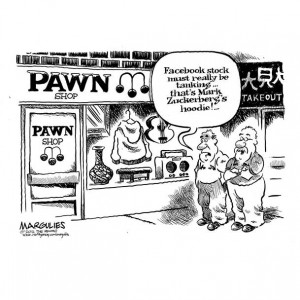Most of the growing trends in the world are revolving around sustainability and ethics, and the business realm reflects those principals. In Jim Yih’s blog, he mentions that over 50% of Canadians are interested in ethical mutual funds.
To me, this is very exciting news, as it shows how people are realizing that their choices have a very real impact on the way businesses are run and how they are taking advantage of that fact by investing responsibility. The financial sector has responded to that interest by creating the Jantz Social and Domini Social Indices, which both select companies based on social responsibility criteria, thus illustrating how sensitive the financial market is to investors’ tastes.
In essence, socially responsible investing has made it possible to “hit three birds with one stone”. That is, by buying into an ethical company, it accomplishes three goals:
1) Social indices, funds, or companies give an approximately equal return in comparison to other financial products so it is unlikely that someone will suffer financially by purchasing a socially responsible index or mutual fund.
2) Supports socially responsible companies financially thus enabling them to grow and expand.
3) Helps the world by promoting companies who support labor rights, address environmental concerns, and fight animal testing.
To conclude, socially responsibly investing is a unique way in which individuals can change the world by their choices while at the same time be rewarded for it.
References:
Yih, Jim. “Socially Responsible Investing.” Retirehappyblog.ca. Retire Happy, n.d. Web. 25 Oct. 2012. <http://retirehappyblog.ca/socially-responsible-investing/>.
Related:


